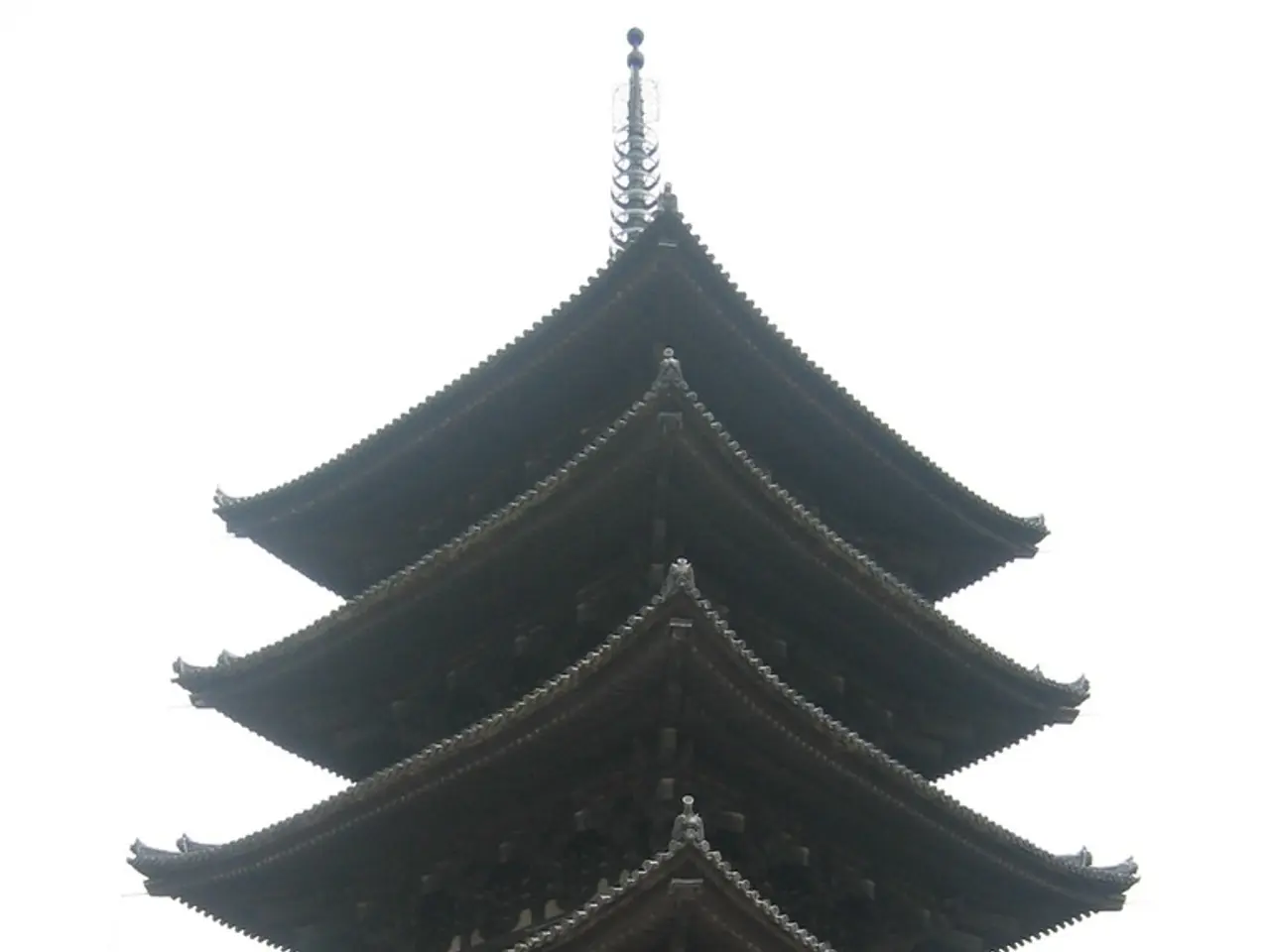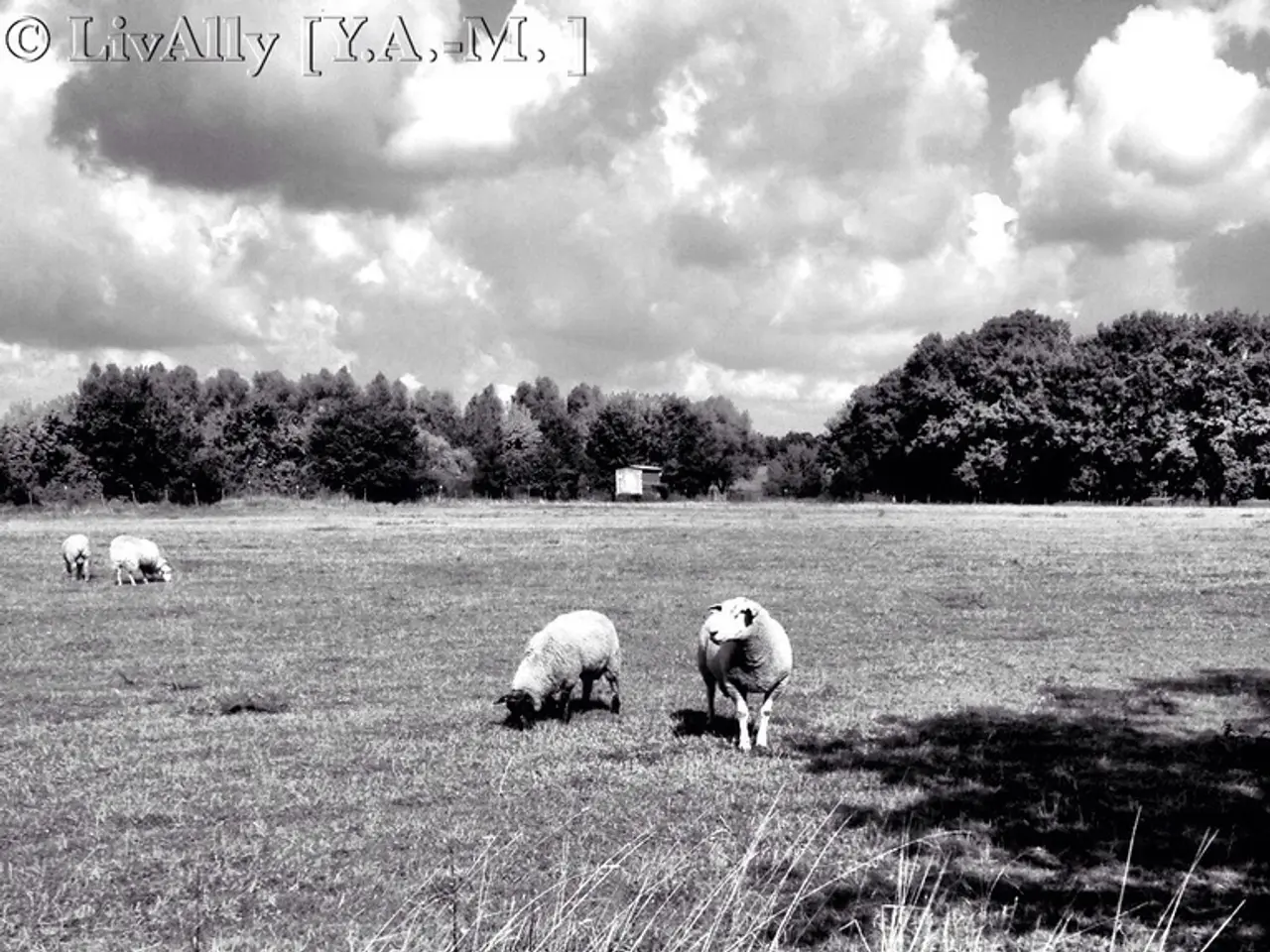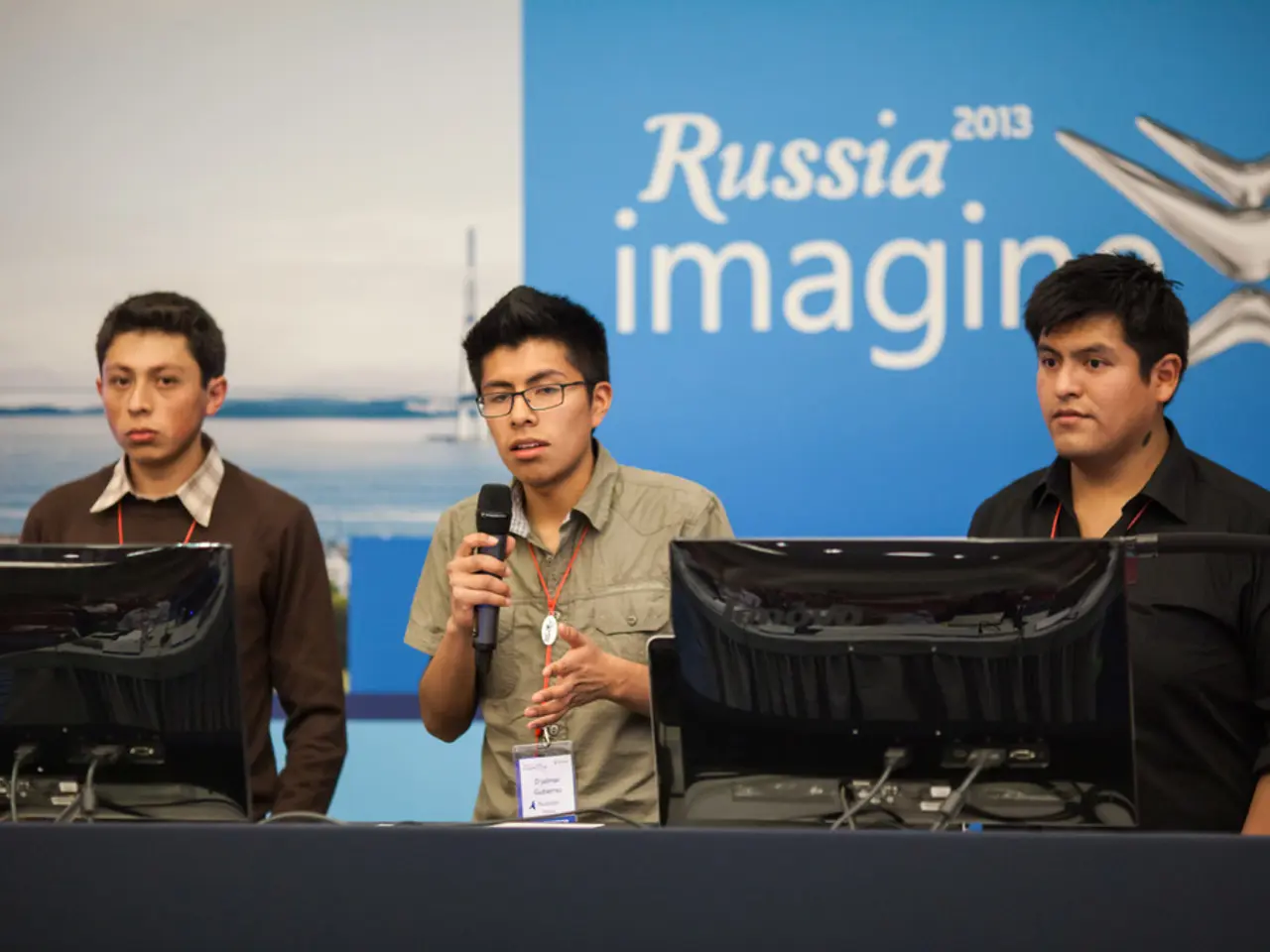EU-China Relations in 2025: A Dual Approach to Balancing Cooperation and Competition
Europe-China tie-up: Sufficient to Satiate the Dragon?
As the world continues to grapple with geopolitical shifts, the European Union (EU) finds itself navigating a complex relationship with China. The partnership, characterised by a blend of collaboration and competition, is marked by a delicate balance between economic engagement and strategic autonomy.
Vasilis Nedos, Diplomatic and Defense Correspondent of "Kathimerini", has observed China's behaviour in the context of the war in Ukraine, highlighting a growing concern within the EU. Brussels views Beijing as a systemic rival and an economic competitor, while seeking pragmatic cooperation in areas like climate change and green technology.
One key aspect of the EU’s approach is the Strategic Dialogue and Cooperation on Climate and Energy. The EU and China have recently revitalized climate and environment dialogues, committing to support a just energy transition, carbon markets, methane emissions control, and renewable tech access for developing countries. Both sides see cooperation on the global energy transition and climate diplomacy as vital to global stability and economic future.
However, the EU faces strategic dilemmas in integrating with Chinese low-cost technologies, such as solar panels and electric vehicles, to accelerate decarbonization. The need for safeguards against practices like subsidies that distort markets and harm EU industries is paramount. The EU has implemented tools like the International Procurement Instrument to restrict Chinese companies' access to EU public tenders and address unfair advantages.
Tensions over market access and trade practices remain a significant challenge. The EU remains frustrated by China's lack of reciprocity, especially limited European firms' access to Chinese government procurement and trade barriers. Rare earth export restrictions by China also pose challenges for EU industries critical to energy transition and defence.
China's support for Russia in the Ukraine war introduces a major friction point, with the EU condemning Beijing’s role as destabilizing and enabling Russia’s war economy. This dynamic is a significant factor shaping political relations going forward.
Internal EU divisions and strategic autonomy further complicate the EU's China strategy. Post-2024 European elections, the EU Parliament's fragmentation makes forging a cohesive China strategy challenging. Efforts are ongoing to build cross-sector working groups aimed at managing different views and fostering collaboration on shared interests. The EU emphasises de-risking over decoupling, seeking to maintain dialogue and trade while safeguarding security and critical supply chains.
Despite tensions and differences, both sides express a willingness to improve relations and maintain a balanced engagement. The EU is pursuing a "more balanced and stable" partnership with China, recognising the importance of independent European diplomatic strategies distinct from those of the US.
Unpredictability in China's behaviour makes cooperation extremely difficult, as stated by Jüri Seilenthal, Director General of the Estonian Ministry of Foreign Affairs. China does not seem to have judged it necessary to respect the rules and principles that have guided other countries in their relations with it. Beijing strictly follows its own political agenda, as observed in the context of the war in Ukraine.
António Costa, President of the European Council, emphasised the importance of the EU-China relationship for global peace and security, prosperity, and sustainable development. The EU-China summit, held on July 24, marked the 50th anniversary of diplomatic relations between the two powers.
While China's economic development, initially welcomed by the EU, has had unforeseen consequences for European citizens, Europe is having difficulties in bringing back some of its production to European countries to avoid being too dependent on China. Mainland China, in the past, was heavily controlled by the rules of multilateral organisations, particularly the WTO. Costa reiterated the EU's commitment to working together with China to support multilateralism and the rule-based international order.
In summary, EU-China relations in 2025 are marked by a dual approach: collaborative where interests align on climate and trade, but guarded and assertive regarding market fairness, supply chain security, and geopolitical concerns. Ongoing challenges include managing strategic competition, responding to China's trade restrictions and state subsidies, navigating geopolitical rivalries—especially over Ukraine—and internal EU political complexities shaping policy toward China. The relationship remains a defining geopolitical posture for the EU as it seeks to uphold its economic sovereignty and global leadership amid an evolving multipolar world.
- I, as a citizen of a European Union (EU) country, am concerned about the growing tensions between the EU and China, particularly over market access and trade practices.
- In the context of geopolitical shifts, migration due to war-and-conflicts and policy-and-legislation related to these issues play a significant role in the EU's relations with China, especially regarding strategic competition and geopolitical concerns.
- The EU-China relationship is not only influenced by politics but also by general news events, such as China's support for Russia in the Ukraine war, which introduces a major friction point, shaping political relations going forward.








